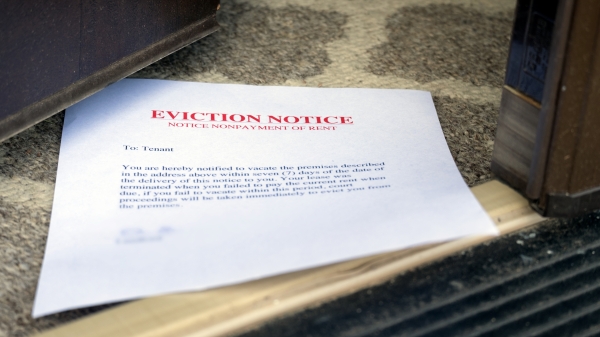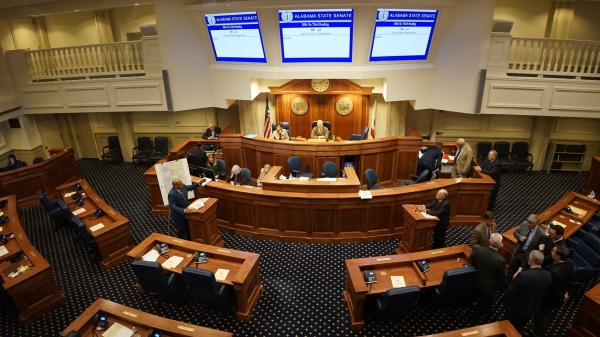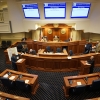Alabama Attorney General Steve Marshall has announced the state’s participation in a multi-state lawsuit against three major investment firms for allegedly violating antitrust law through their involvement in climate activism that reduced coal production and increased energy costs.
According to Reuters, “Wednesday’s complaint filed in the federal court in Tyler, Texas, is among the highest profile lawsuits targeting efforts to promote environmental, social and governance goals, or ESG.”
According to the U.S. Energy Information Administration, burning coal for energy accounted for roughly 19 percent of total U.S. energy-related carbon emissions in 2022, and for about 55 percent of total carbon emissions from the electric power sector. In addition to these greenhouse gases, burning coal also emits toxic and carcinogenic substances into the surrounding air, water, and land, posing severe health risks to workers and nearby communities.
The Republican-led states are accusing the firms – BlackRock, Vanguard, and State Street – of using their membership in climate advocacy groups as well as their sizable stakes in the coal industry to pressure coal companies into decreasing their output, resulting in reduced carbon emissions but also in higher energy bills for consumers. Combined, the three firms have over $26 trillion in assets under management.
“Competitive markets — not the dictates of far-flung asset managers — should determine the price Americans pay for electricity,” reads the states’ complaint.
“For the past four years, America’s coal producers have been responding not to the price signals of the free market, but to the commands of Larry Fink, BlackRock’s Chairman and CEO, and his fellow asset managers,” the complaint continued. “As demand for the electricity Americans need to heat their homes and power their businesses has gone up, the supply of the coal used to generate that electricity has been artificially depressed—and the price has skyrocketed. Defendants have reaped the rewards of higher returns, higher fees, and higher profits, while American consumers have paid the price in higher utility bills and higher costs.”
BlackRock responded to the complaint in a statement, saying that the accusation of the company investing in the coal industry with the intent to cause harm was “baseless” and that it “defies common sense.”
“This lawsuit undermines Texas’ pro-business reputation and discourages investments in the companies consumers rely on,” the statement continued.
Arkansas, Indiana, Iowa, Kansas, Missouri, Montana, Nebraska, Texas, West Virginia and Wyoming are the other states involved in the suit.
The suit is only the latest development in a long-term Republican strategy to use U.S. antitrust law against alleged collusion between investment managers to reduce emissions and pursue climate-related goals.
If the states’ suit succeeds, the defendants will be blocked from using their stocks in coal companies to vote on shareholder resolutions or take other actions that could reduce coal output or limit competition. The companies would also face civil fines for violating federal antitrust and Texas consumer protection laws.




















































